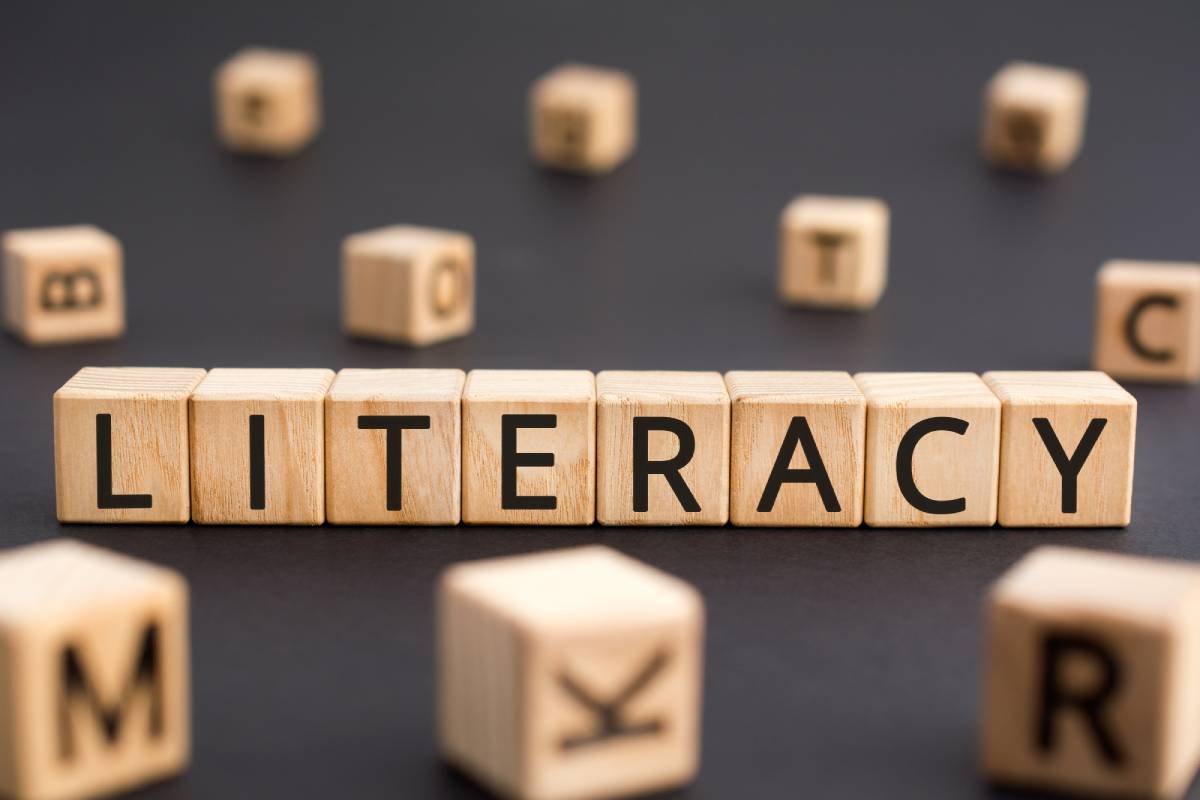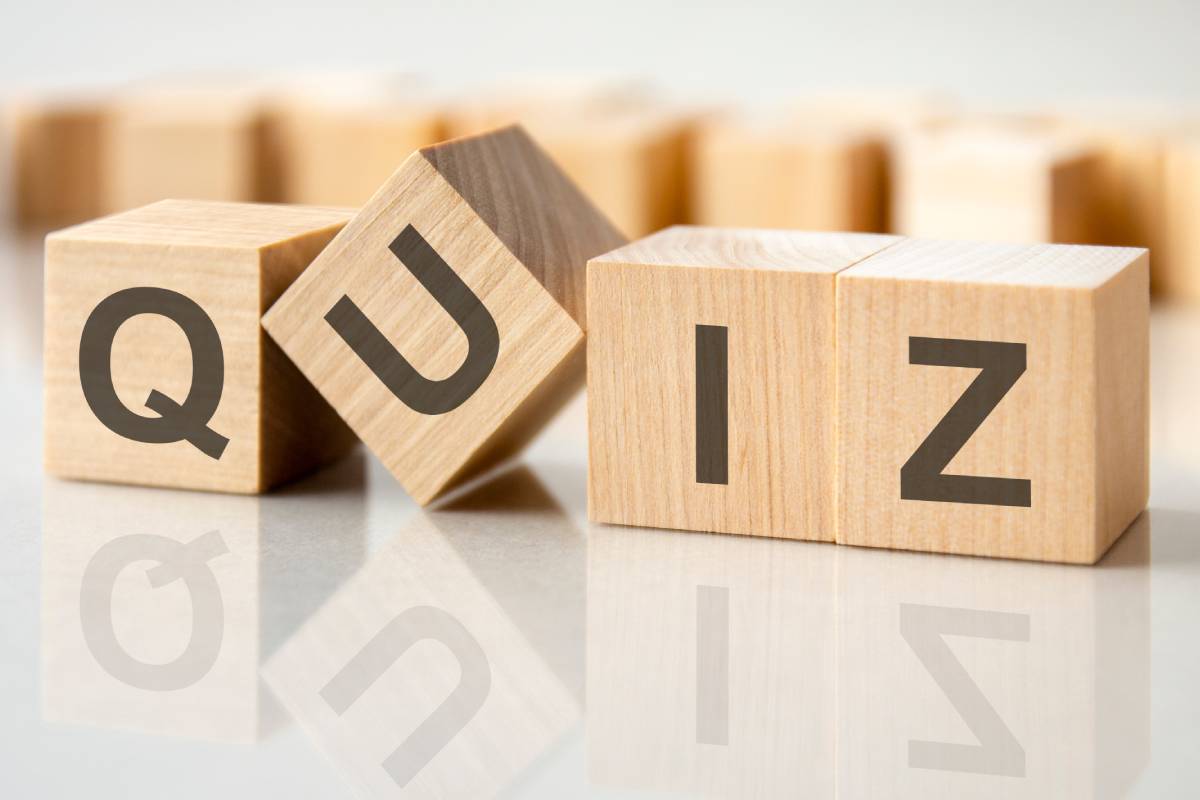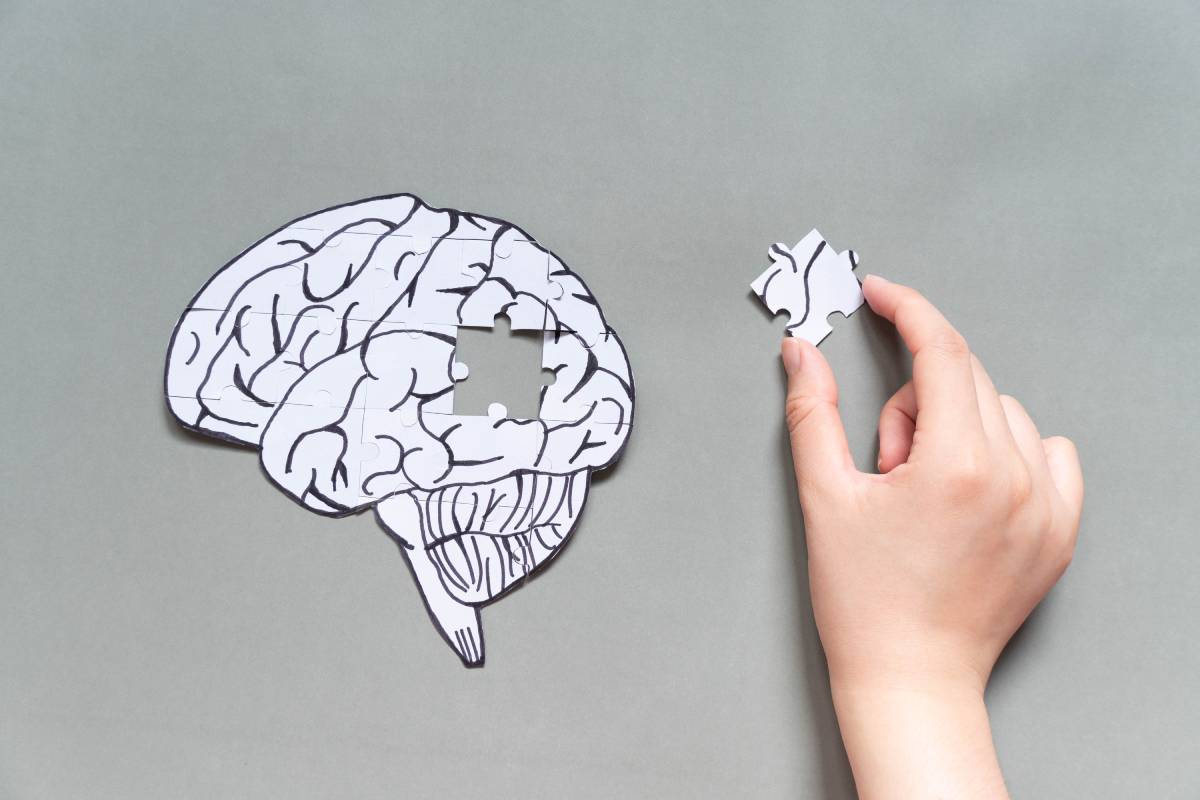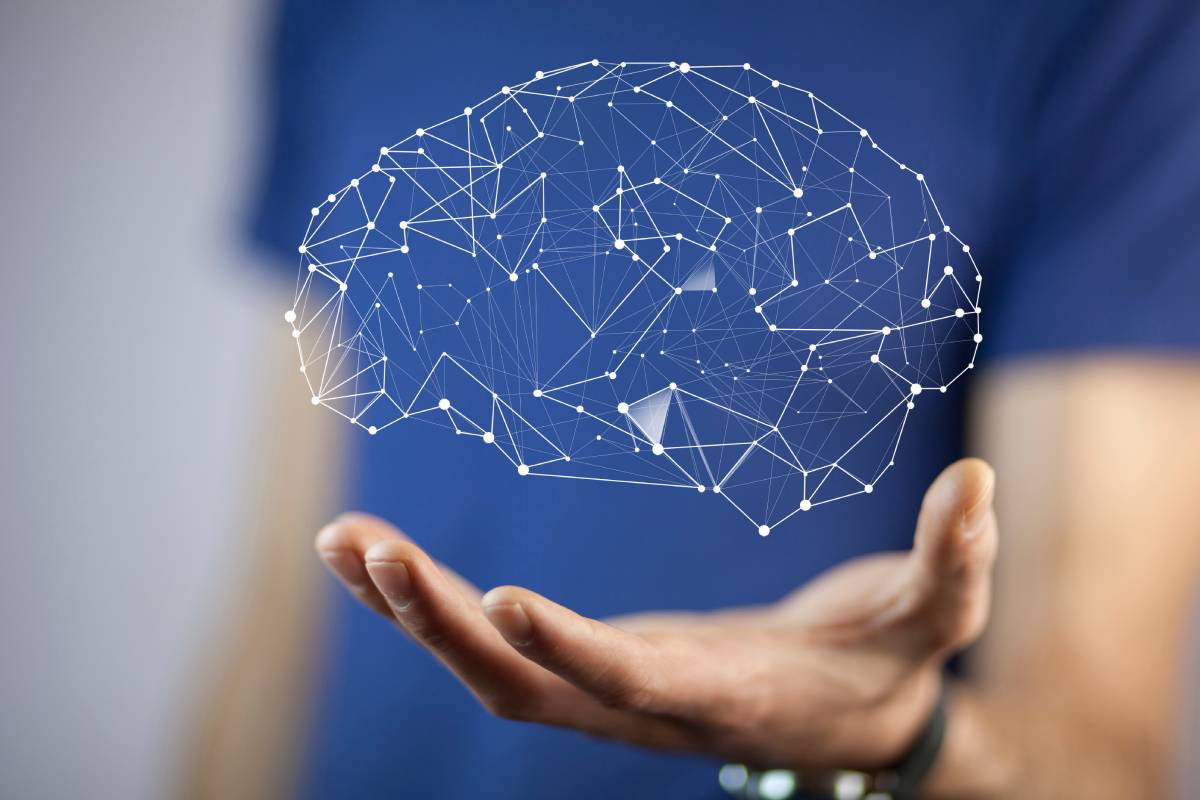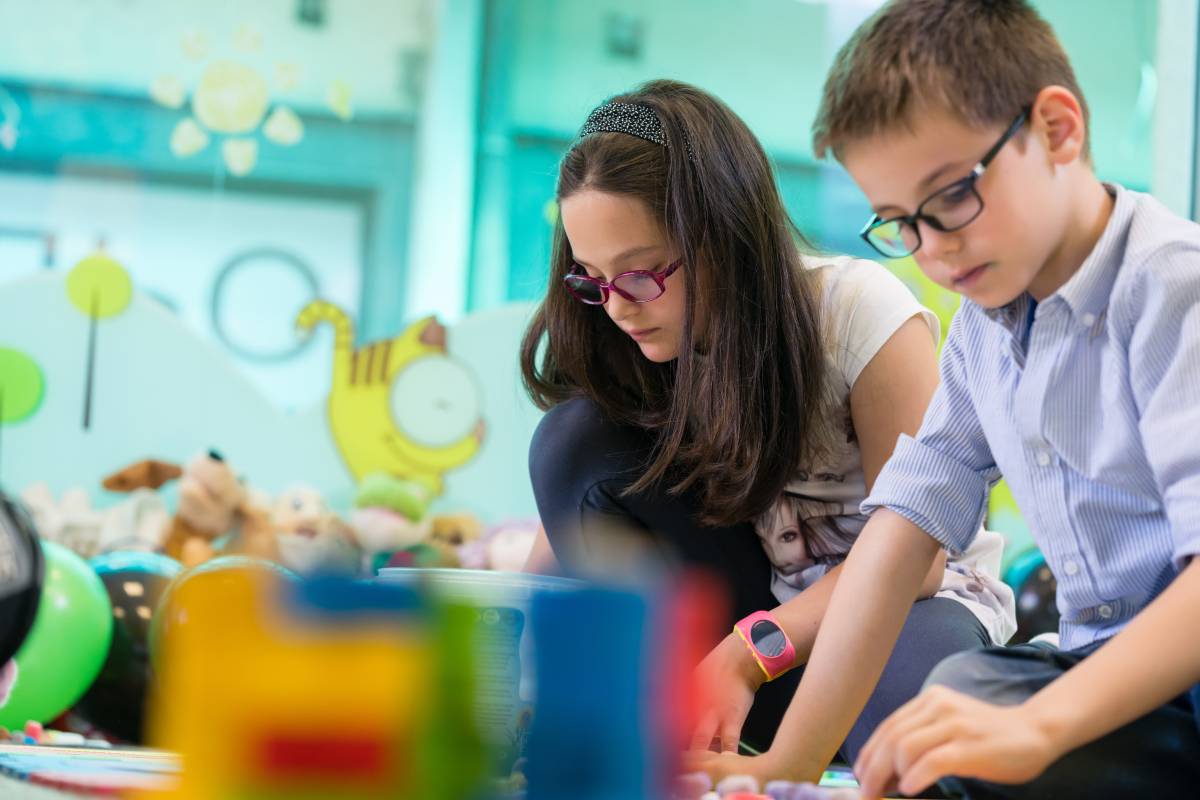Technology has had an enormous impact on every industry over the last decade, including education.
Teachers are now quick to embrace technology’s benefits regarding practicality, reducing workload and improving learning.
In this guide, we will explore some of the ways that technology can help teachers in the classroom.


